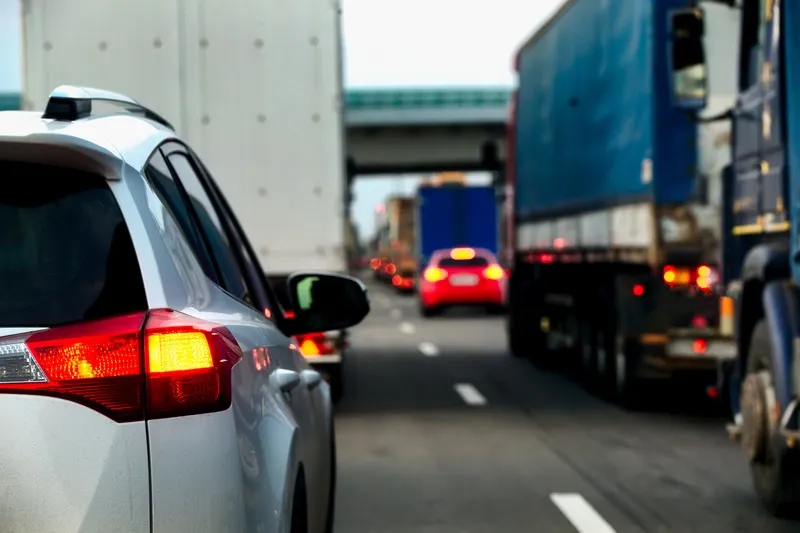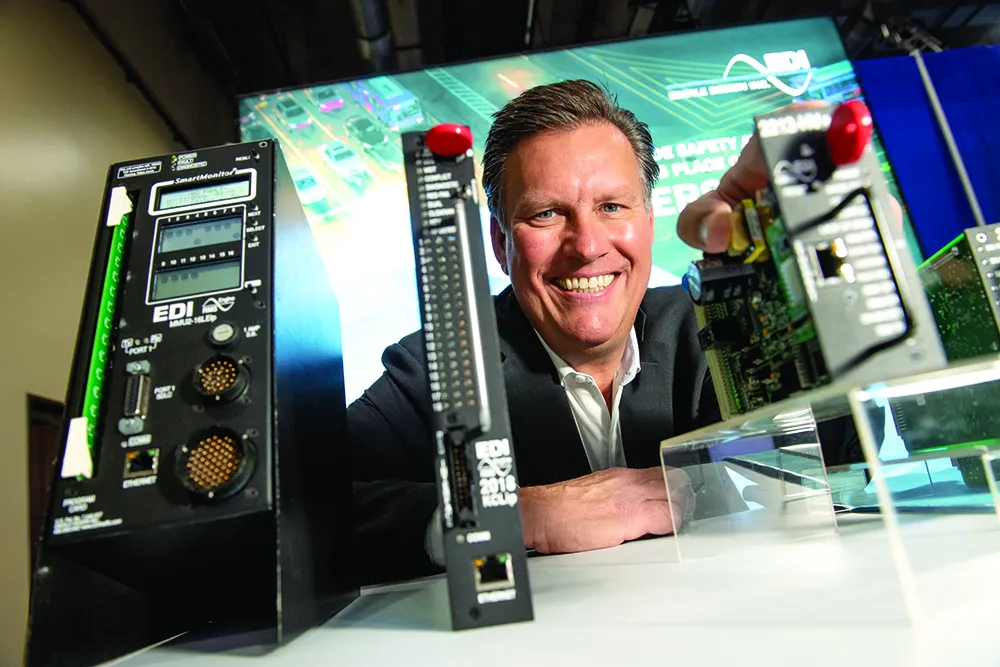
“Commander is more than a traffic controller: it is a platform for the future of smart intersections and showcases Trafficware’s extensive experience in software and hardware design,” says Clyde Neel, Trafficware’s chief of engineering, who led the design team. Performance includes compliance with the Version 6 ATC standard, enhanced Version 6.25 engine board, and an additional processing module for graphics and other secondary control functions. Commander’s design for enhanced usability includes a large, sloped and recessed front panel with a brilliant, colour, touch screen for day- and night- time use, large keypad, and an intuitive, web-based graphical user interface (GUI) as well as a “classic” mode user interface. It is designed to operate with Trafficware’s SCOUT (v80) controller firmware.
Trafficware’s CEO Jon Newhard explains why the industry needs a game-changer like Commander.
“Customers have told us time and again they want solutions that are ‘future-proof.’ Since we have had experience in deploying connected vehicle and smart city solutions to thousands of intersections and have stayed abreast of technology trends, Clyde and his team designed a controller that not only addresses the latest ATC specification, but it comes ready to handle the V2I and edge computing needs of the future. So, I am delighted to introduce Commander here in Detroit today.”
According to Trafficware, Commander’s software is used in more connected vehicle, adaptive systems and advanced internet of things (IoT) applications than any other ATC controller on the market. It is designed to meet and exceed the latest NEMA TS1, TS2 and ATC standards.
Booth 315









